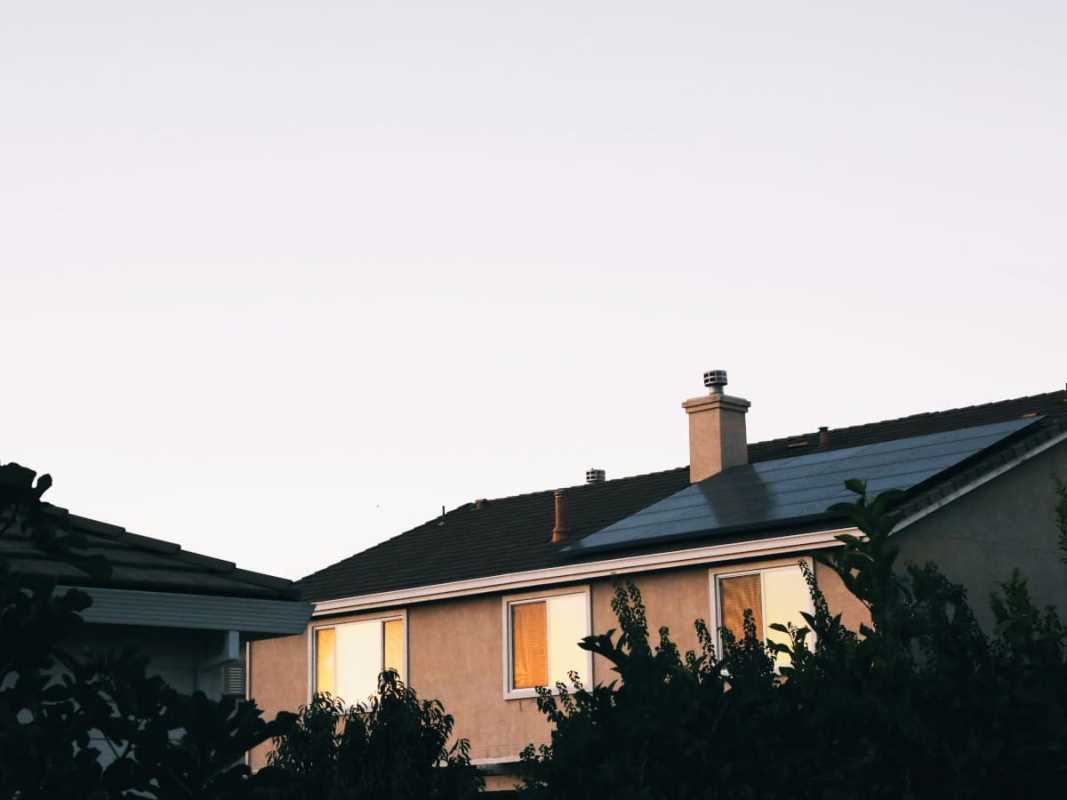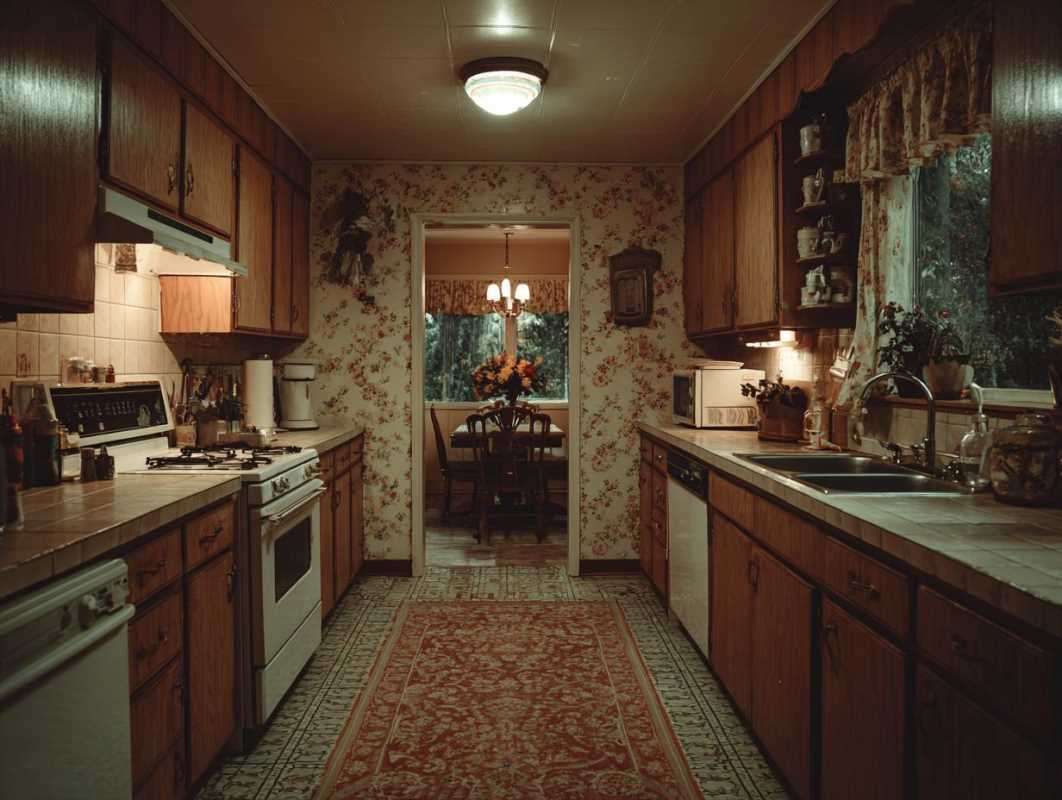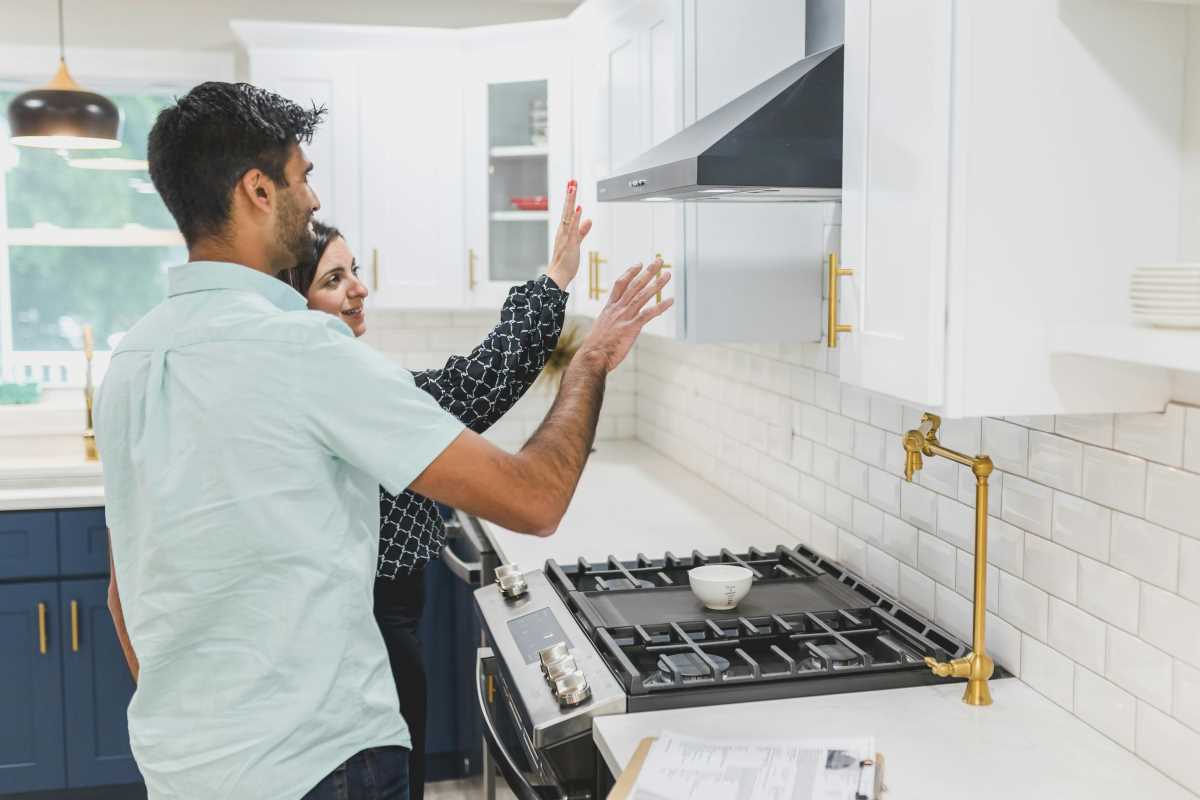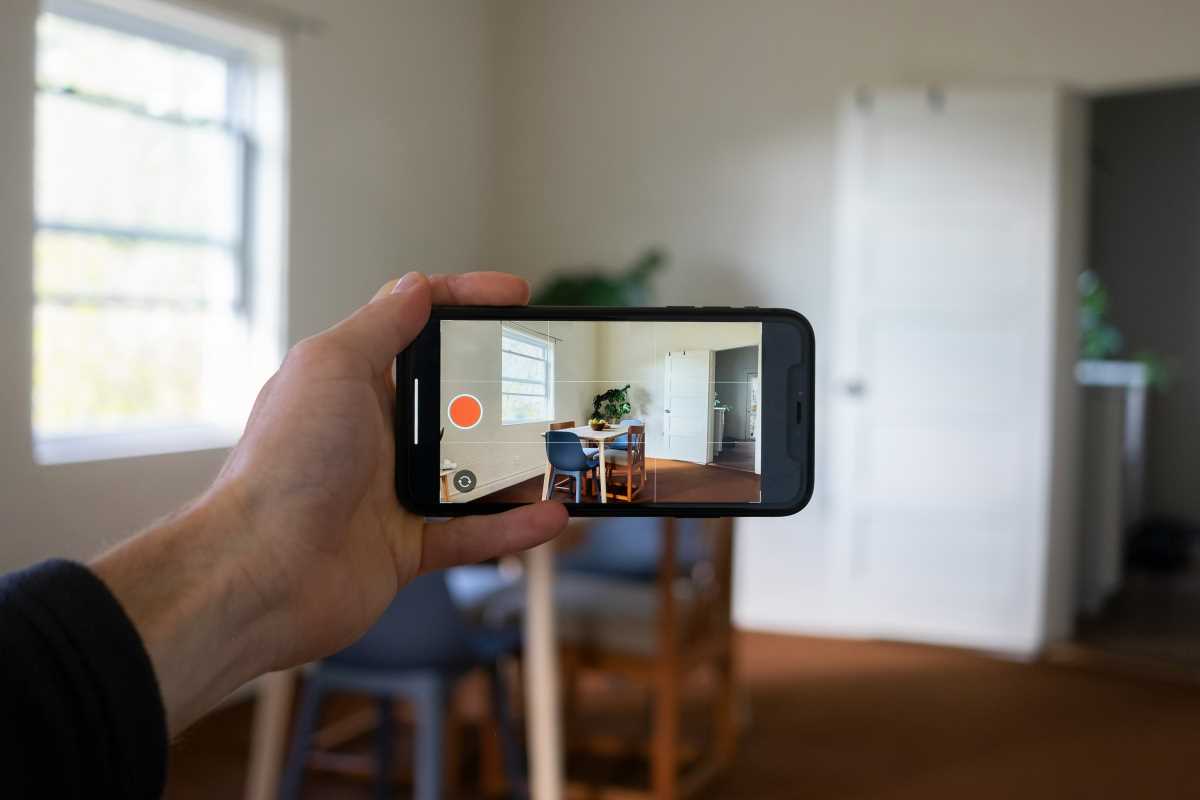When my wife and I decided to sell our first home, I had a pretty simple number in my head: the sale price. I figured we’d sell the house, get a check, and that would be that. I quickly learned it’s not quite so straightforward. It turns out, selling a house comes with its own set of costs, and if you aren’t prepared for them, they can come as a real shock.
It’s easy to focus only on the profit you hope to make, but understanding the expenses is just as important for your financial planning. Think of it like a road trip. You don't just budget for gas; you have to account for snacks, tolls, and that unexpected souvenir stop. Selling your home is similar. Let's walk through the common costs together, so you can go into the process with your eyes wide open and avoid any last-minute financial surprises.
The Real Estate Agent Commission
This is usually the biggest expense for sellers, so it’s a good place to start. When you hire a real estate agent, they work on a commission basis, which means they get paid a percentage of the final sale price. This commission is typically split between your agent (the listing agent) and the buyer’s agent.
The total commission can vary, but it often falls somewhere between 5% and 6% of the sale price. On a $400,000 home, a 6% commission comes out to $24,000. It's a significant amount, but you're paying for expertise. A good agent handles the pricing strategy, marketing, showings, negotiations, and all the complex paperwork. My agent saved me from so many headaches that, in the end, I felt the value was there.
How to plan for it: When you're estimating your net proceeds, start by subtracting the agent commission right off the top. Interview a few agents and ask about their commission structure. While it can sometimes be negotiable, remember that you often get what you pay for. An experienced agent who gets you a higher sale price can be well worth the cost.
Pre-Sale Repairs and Improvements
You know that leaky faucet you've learned to ignore? Or the chipped paint on the front door? Buyers will notice. Getting your home "market-ready" often requires some upfront investment in repairs and small upgrades. These aren't necessarily huge renovations, but they are crucial for making a great first impression.
I made a list and walked through my house as if I were a buyer. I fixed the sticky cabinet door, patched a few nail holes, and gave the main living area a fresh coat of neutral paint. It took a weekend and a few hundred dollars, but it made the house feel much more polished and cared for.
How to plan for it: Create your own repair checklist. Walk through every room and be honest about what needs attention. Common pre-sale expenses include:
- Painting (the most cost-effective refresh)
- Fixing minor plumbing or electrical issues
- Deep cleaning carpets or refinishing floors
- Boosting curb appeal with landscaping and a new welcome mat
You can set a budget for these items, maybe 1% of your home's value, but it really depends on the condition of your house. The goal isn't to rebuild the house, just to present it in its best possible light.
Staging Costs
Staging is all about helping buyers envision themselves living in the space. This might mean decluttering and rearranging your own furniture, or it could involve bringing in professional help. When we sold our house, it was full of toddler toys and mismatched furniture from our early married days. Our agent suggested we put about half our stuff in storage.
Some sellers opt to hire a professional stager who can bring in furniture and decor to make the home look like it belongs in a magazine. This can range from a few hundred dollars for a consultation to several thousand for full-home staging. It’s an investment, but staged homes often sell faster and for a better price because they appeal to a wider range of buyers.
How to plan for it: Decide how far you want to go. You can do a lot on your own just by decluttering and depersonalizing. If you think your home could use a professional touch, get quotes from a few local stagers. Your agent can usually recommend good people.
Closing Costs for the Seller
Yes, buyers have closing costs, but sellers do too. It's a common misconception that the buyer pays for everything on closing day. As a seller, you'll be responsible for a handful of fees that are deducted from your proceeds at closing.
These can include:
- Title Insurance: You may need to pay for the owner's title insurance policy for the buyer, which protects them from any future claims on the property's title.
- Escrow and Attorney Fees: These are fees for the third-party company or attorney that handles the closing paperwork and the transfer of funds.
- Property Taxes and HOA Fees: You’ll have to pay your prorated share of property taxes and any homeowners' association fees up to the date of the sale.
- Seller Concessions: Sometimes, you might agree to pay for a portion of the buyer's closing costs as a way to sweeten the deal.
How to plan for it: A good rule of thumb is to budget around 1% to 3% of the home's sale price for your closing costs. Your agent or the title company can give you a more precise estimate based on your location and the specifics of your transaction.
Moving Expenses
Don't forget that once you sell your house, you have to move out! The cost of moving can vary wildly depending on how much stuff you have and how far you're going. Are you going to rent a truck and rally your friends with the promise of pizza? Or are you hiring a full-service moving company to pack every box and transport it across the country?
When we moved, I got quotes from three different companies. The prices were all over the place, so it was worth shopping around. Remember to also budget for packing supplies like boxes, tape, and bubble wrap if they aren't included.
How to plan for it: Decide on your moving strategy early and get quotes. Whether you’re DIY-ing it or hiring pros, having a realistic moving budget will prevent that expense from becoming a stressful afterthought.
 (Image via
(Image via





